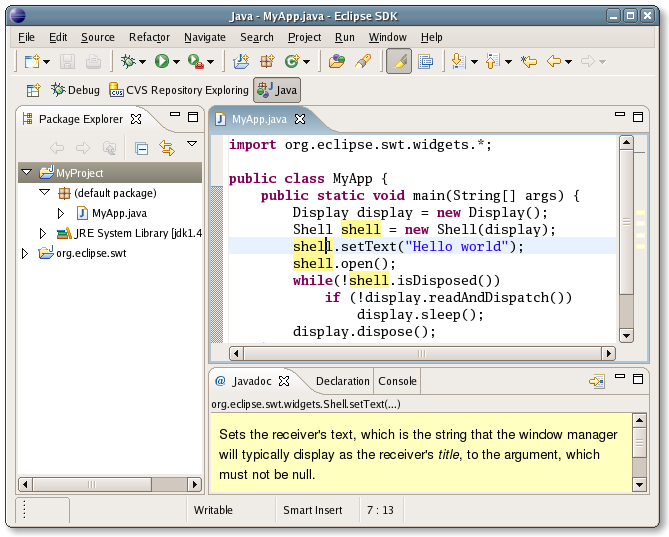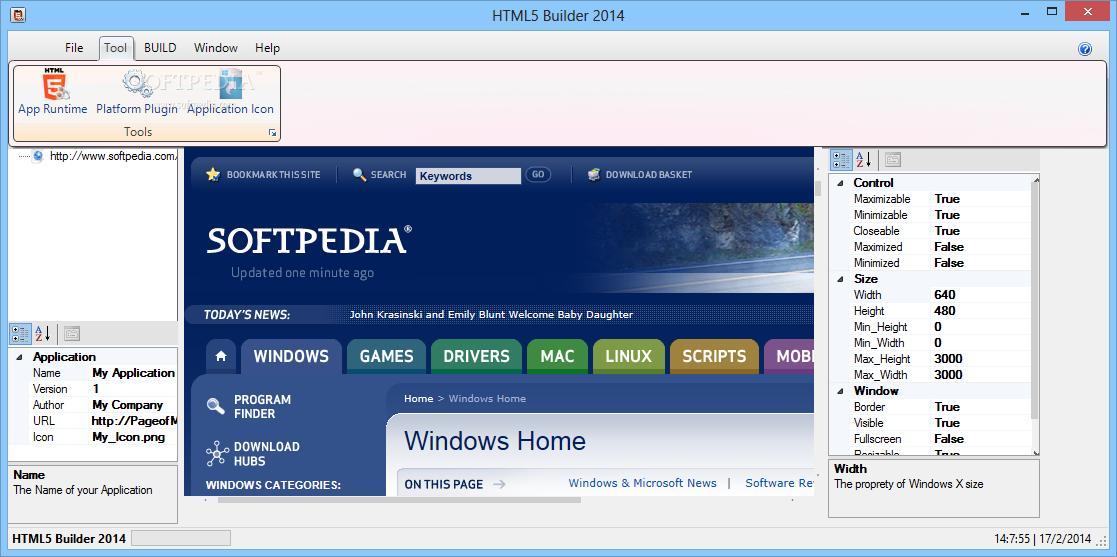
Due to the sheer volume of easy-to-download plugins for this software, there’s a great amount of online documentation available, and the online community is active in providing any help you may need. Plus, it supports servers-which are, most of the time, Java servers. This software also provides various packages that support other programming languages and frameworks, such as C, C++, PHP, and Ruby. It can multitask and filter without much trouble, and its plugins make it a highly versatile IDE. Other great tools include syntax checking, code completion, application refactoring, and easy debugging-both locally and remotely.

One of its main features is its built-in incremental compiler, which allows for easy error identification as you type your code. With this, its tools are optimized for this programming language. for early versions of Fiji, and other miscellany.As an IDE, Eclipse is primarily designed for Java development.Just prior to extensive changes reconciling Fiji with ImageJ2. Just prior to some big changes to ImageJ2 under the hood. Just prior to a big update to facilitate reproducible builds. Just prior to starting the transition to Java 8. The final version of Fiji using Java 6, for all platforms. Here are Life-Line versions from before Fiji switched to Java 8. Just prior to a sweeping update to nearly all components. Here are Life-Line versions of Fiji created after the switch to Java 8. The idea is that if something goes horribly wrong, you can fall back to a stable version.

This sections offers older downloads of Fiji, preserved just prior to introducing major changes. You can download previous Fiji builds by date stamp from the archive. See the source code page for details on obtaining the Fiji source code.


 0 kommentar(er)
0 kommentar(er)
